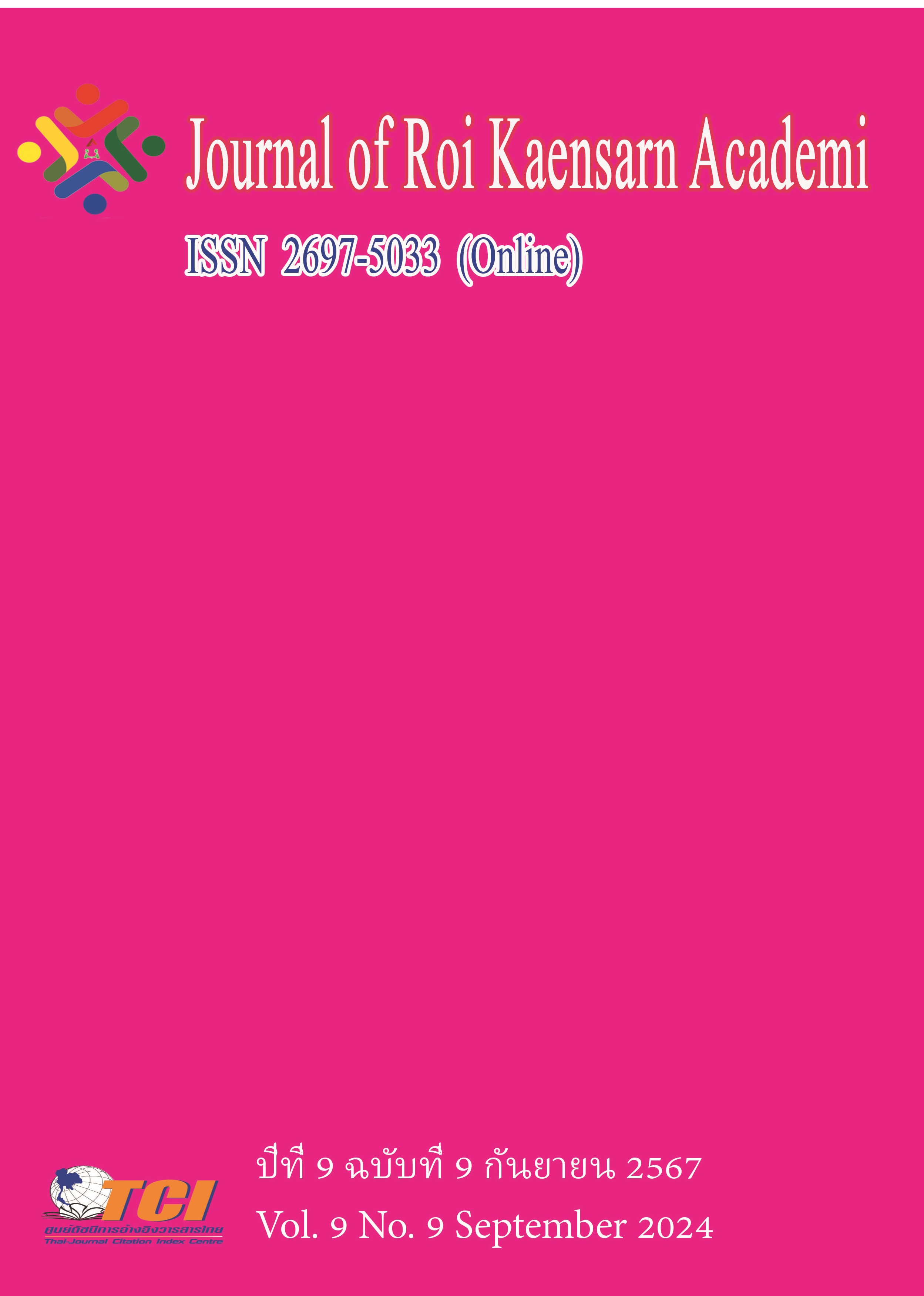The Inheritance and Development situation of Contemporary Chinese Zheng Music
Main Article Content
บทคัดย่อ
The objectives of this research were to study The Inheritance and Development situation of Contemporary Chinese Zheng Music. The research methods were interview and observations, The research findings showed that Contemporary Chinese Zheng music composition has evolved significantly. This evolution includes the involvement of composers alongside performers.
The research results were found as follows; the inheritance and development of contemporary Zheng music, focusing on its evolving characteristics and expressive forms. Despite facing challenges in modern society, dedicated musicians and educators are actively promoting traditional Zheng music skills through educational initiatives and community engagement. Institutions have established specialized programs to provide systematic training in Zheng music, ensuring that traditional techniques are preserved while adapting to contemporary contexts. Contemporary Zheng musicians play a vital role in this evolution by showcasing their skills through performances and various media, thereby increasing public awareness and appreciation of this art form. Educators contribute significantly by teaching both practical skills and the cultural history of Zheng music, fostering a deeper understanding among students.
The research also highlights innovations in performance styles, where traditional Zheng music is increasingly blended with modern elements, allowing for cross-genre collaborations and the integration of new technologies. These innovations not only enhance the expressive potential of Zheng music but also make it more appealing to younger audiences.
Article Details
เอกสารอ้างอิง
Fan, R. (2008). Review of contemporary guzheng form reform. Central Conservatory of Music.
He, B. (2000). Forge ahead in unity and welcome the spring of the 21st century. Proceedings of the 99th National Guzheng Art Symposium of the China National Orchestra Society, 2000 (10), 20-56.
Jiang J (2021). The inheritance of Shandong Zheng music art in Shenyang Conservatory of Music. Shenyang Conservatory of Music.
Lei, H. (2015). Development and Innovation of Contemporary Guzheng Art. Jilin University Press.
Li, Q. (2000). Reflections on the Standardization of Guzheng Performance Art. Journal of Huaibei Coal Teachers Institute (Philosophy and Social Science), (03), 147-149.
Liu, Y. (2017). Research on the art of traditional Chinese guzheng.
Ma, H. (2008). Construction and development of guzheng teaching materials since the founding of New China. Hunan Normal University.
Shu, S. (2012). On the tradition and folk custom characteristics of Zheng music. Art Education, 10 (2), 11-19.
Tian, S. (2018). Into Guzheng. Ocean University of China Press.
Wang, Y. (2007). Chinese Zheng Music Art in the Twentieth Century. Ph.D. Dissertation, Musicology, Chinese Academy of Arts.
Xiang, X. (2002). Chinese and Western Music Theory. People's Publishing House.
Xu, B. (2011). Analysis on the characteristics and causes of formation of Zheng music in the Tang Dynasty. Journal of Yichun University, 4 (2), 125-129.
Yang, F. (2007). Inheritance and Development of Contemporary Guzheng Performance Techniques. Master Thesis, Ethnomusicology, Fujian Normal University.
Zhang, H. (2017). Review of research results on traditional zither music. Contemporary Music, 7 (16), 98-103.
Zhang, S. (2016). Detailed Explanation of Teaching and Performance of Contemporary Guzheng Masterpieces. Hunan Literature and Art Publishing House.
Zhang. (2016). Research on Guzheng Playing Art. Jilin University Press.

